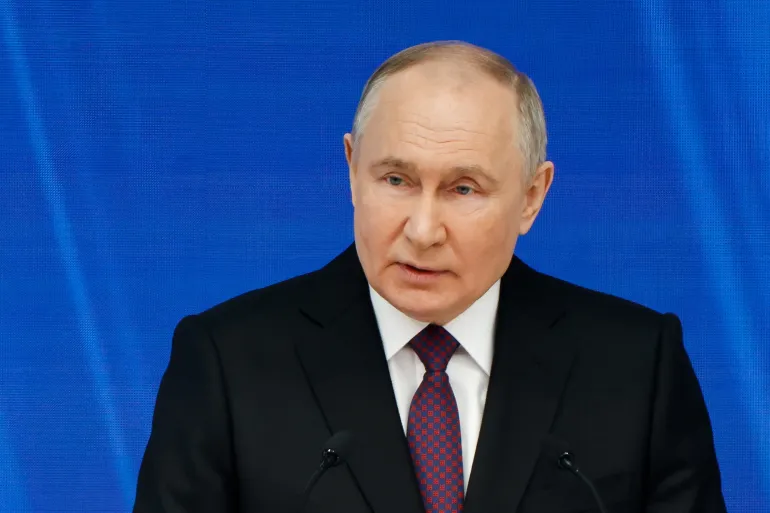In a dramatic escalation of rhetoric, Russian President Vladimir Putin has issued a stark warning about the potential for nuclear war if Western nations deploy troops to Ukraine. This statement has sent shockwaves through the international community, raising concerns about the trajectory of the conflict in Ukraine and the broader implications for global security.
Putin’s Warning and Its Context
Putin’s warning came amidst increasing tensions in Eastern Europe, as Western countries have ramped up their support for Ukraine in response to Russian military activities. The Russian leader’s comments were intended to deter further Western military involvement in the region, suggesting that any deployment of troops could be met with a nuclear response.
The International Response
The international reaction to Putin’s warning has been one of alarm and condemnation. Leaders from around the globe have urged for restraint and dialogue, emphasizing the catastrophic consequences of any nuclear confrontation. NATO and the European Union have called for de-escalation, while seeking to maintain support for Ukraine’s sovereignty and territorial integrity.
The Role of Nuclear Deterrence
Putin’s remarks highlight the complex role of nuclear deterrence in international relations. The doctrine of deterrence is based on the premise that the threat of using nuclear weapons can prevent adversaries from taking aggressive actions. However, the invocation of nuclear threats in the context of the Ukraine conflict has sparked a debate about the risks and ethics of relying on such strategies.
The Ukraine Conflict: A Brief Overview
The conflict in Ukraine has its roots in historical, political, and ethnic divisions. Since 2014, the country has been embroiled in a struggle between pro-Russian separatists in eastern regions and the Ukrainian government. Western nations have largely supported Ukraine, viewing Russian actions as aggressive and expansionist.
Implications for Global Security
The potential for nuclear escalation in Ukraine has profound implications for global security. It challenges the post-Cold War international order and raises questions about the mechanisms in place to prevent nuclear war. The situation underscores the need for effective arms control agreements and diplomatic channels to address such existential threats.
The Path Forward
Addressing the heightened tensions and the risk of nuclear escalation requires a concerted international effort. Diplomatic engagement, confidence-building measures, and renewed commitments to arms control are essential to de-escalate the situation. The international community must work together to find a peaceful resolution to the Ukraine conflict that respects national sovereignty and international law.
Putin’s warning of the risk of nuclear war if the West sends troops to Ukraine represents a critical juncture in international relations. It serves as a sobering reminder of the dangers of nuclear brinkmanship and the importance of diplomacy in resolving conflicts. As the world grapples with this precarious situation, the stakes for global peace and security have never been higher.
